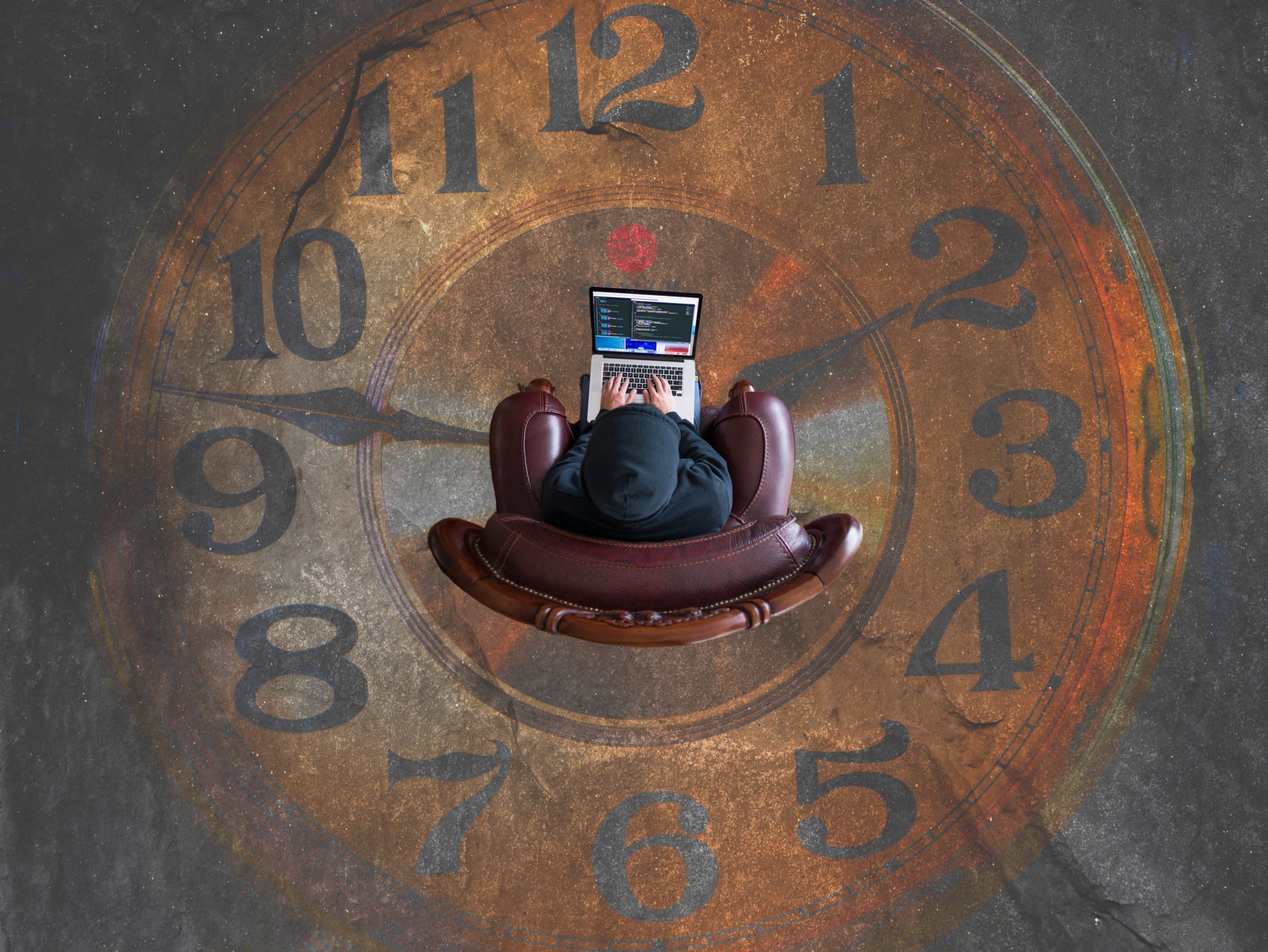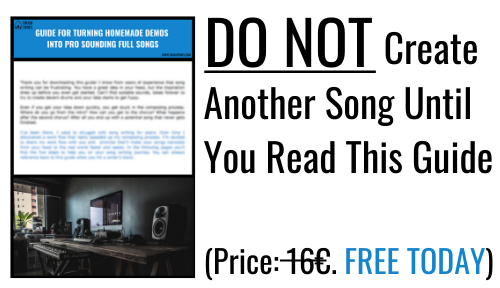Do You Make or Break Your Songs?
If you think about it – what makes a great song? Amazing studios filled with expensive gear and instruments? A great mix? A well-known singer or player? There are probably as many answers as there are people, but it is the music itself that we tend to focus on.
Imagine listening to a radio or a Spotify playlist. You hear a song that doesn’t do anything for you – what do you do? You move on, no matter how great the production is or who plays on it.
A great song makes you feel something. It is memorable and makes you dance, laugh, cry, sing along or somehow response to the song. A great song has a clear message and it stands the test of time. That being said, we both know composing can be challenging and there are times the inspiration just won’t appear.
Is there some magic formula for writing great songs? Probably not, but there are things we can do to improve our composing process. So where to concentrate on?

Limit Yourself
Limit yourself to focus on the song. Make a deadline and stick to it. Give yourself a time frame to complete your song. I know this can sound stupid and foolish and you may think how this could possibly help you. Let me demonstrate this for you.
You might be busy and you may have only a few hours here and there to work on your music. You have an idea for your intro – some cool guitar riff maybe. You record it and start putting together midi drums around it. Next thing you know you’re browsing through synth sounds to add a little texture.
You start mixing it a little. You tweak and tweak until the intro sounds like you want it to sound. Hours have passed and it’s time to move on to do something else because you have a busy schedule. When you continue the writing process, you can’t seem to get any further.
Intro is written, but you have no idea how to continue the song. Maybe it’s too much work to write guitars, drums and synths to all the other parts or perhaps everything just seems dull compared to the already polished intro. At the end of a day you’re left with another intro to your songwriting drawer. This is where the deadlines come into the picture.
Set Deadlines
Deadlines make you focus on the important things. When you have limited time to get your song finished, you are likely to concentrate your energy getting the song together, rather than thinking about the synth sounds. You simply focus on the music instead of the equipment. Also there is a law called Parkinson’s law and – without diving too deep to the history – it goes like this: “Work expands so as to fill the time available for its completion”. This time management hack has been implemented in probably every area of life since it was published in The Economist in 1955.
In other words – no matter how much time you allow yourself to complete your song, it will take the whole time to be finished. This is why you might as well limit your time and get better results in less time.
Start with the Arrangement
Start with the arrangement and not with the setups or sounds. I used to kill my inspiration juggling through the endless presets in search of the perfect sound. Pick an instrument, play through the chords and sing or hum the melodies. Consciously limiting your time and options will make your arrangement come together far faster and easier.
As a songwriter your job is to keep the roller coaster going. Plan your song as you arrange it. Make sure the song is interesting from the first sound to the last chord. Don’t start tweaking little details just yet. Be intentional with the parts of your song, make sure they serve the purpose. If a part doesn’t seem to fit in to the song, just take it out. You should have every part written before you start recording multiple instruments to it.
Recording
This next step will make or break your song. There is some kind of misconception that mixing is where the magic happens. You have probably heard the saying “Let’s fix it in the mix”. I know I used to hurry with the recording and move on to the more “important things”. This can be heartbreaking to hear – but if you have a bad performance, you can’t fix it in the mix. It will still sound horrible in the end. The real magic happens in the recording phase instead.
Mic placement
There are some technical aspects to keep an eye for. The mic placement is everything and shouldn’t be overlooked. It matters where you put the microphone and where it is directed to. Where the mic looks is what it hears. Don’t settle, experiment and fine tune until you have the sound you want.
Preamp Gain
The second technical aspect is not to record too loud. As you set the gain of the preamp of your audio interface, aim for the peaks around 50-75%. This will make your tracks sound cleaner and more musical.
Capture the Best Possible Performance
Now that you got the mic placement and preamp gain set, let’s move on to the most important thing in the recording phase – capturing a great take. You got to make sure your performance is the best possible. I can’t stress this enough. Great composing can easily be ruined with bad performances. On the other hand great performances will awake your already awesome composition alive.
Have you ever wondered why so many of the old recordings sound outstanding even though the equipment at the time were more challenging? Those musicians knew how to play and their performances were pure gold.
Summary
Next time you start working on a new song – concentrate on the music. Limit yourself and remember to focus on the arrangement first. Capture killer takes and make your music the best it can be. You and I have only so much time – let’s use it wisely.
If you find this content helpful, be sure to download my completely Free Guide – 5 Steps to Create Music Faster.
